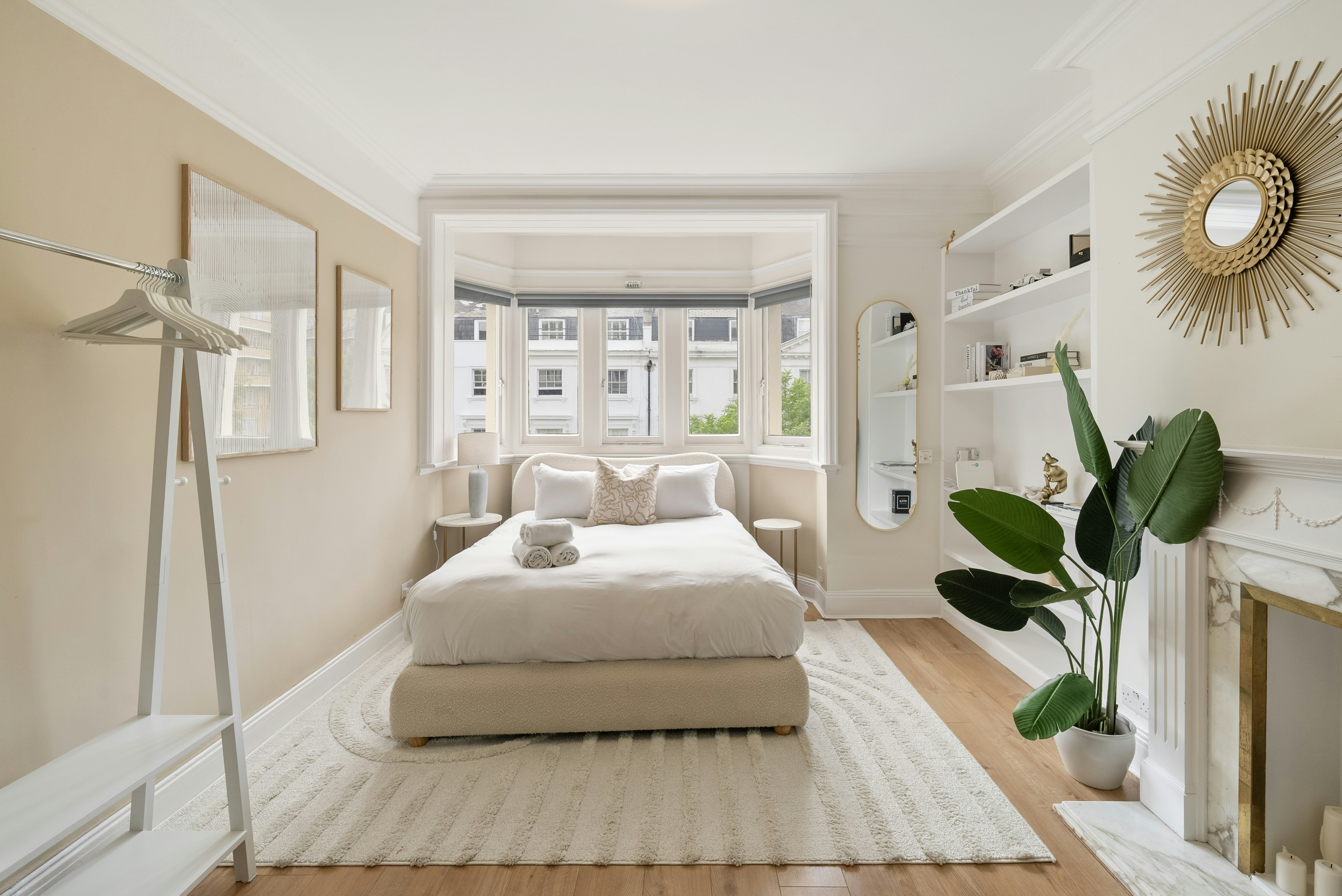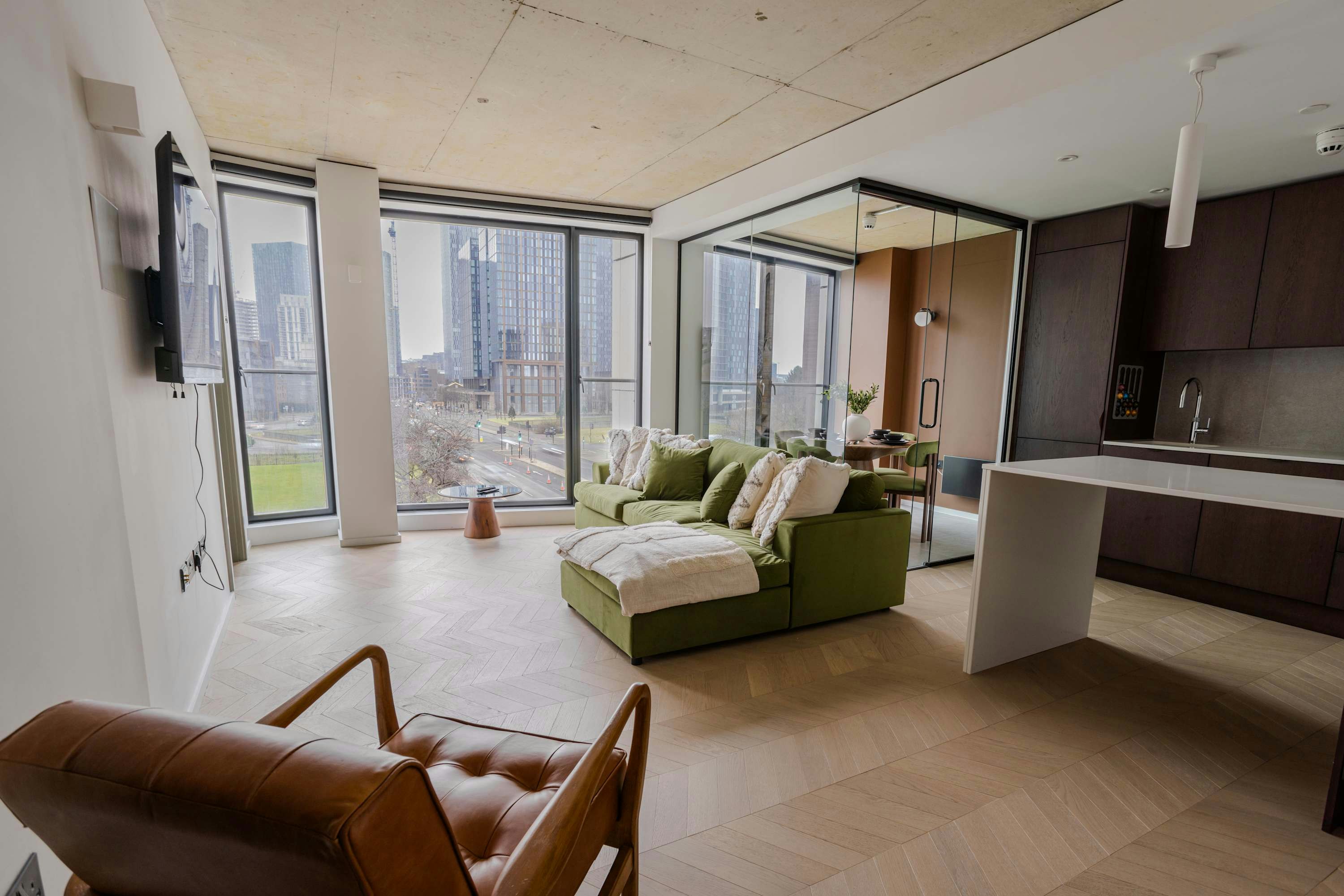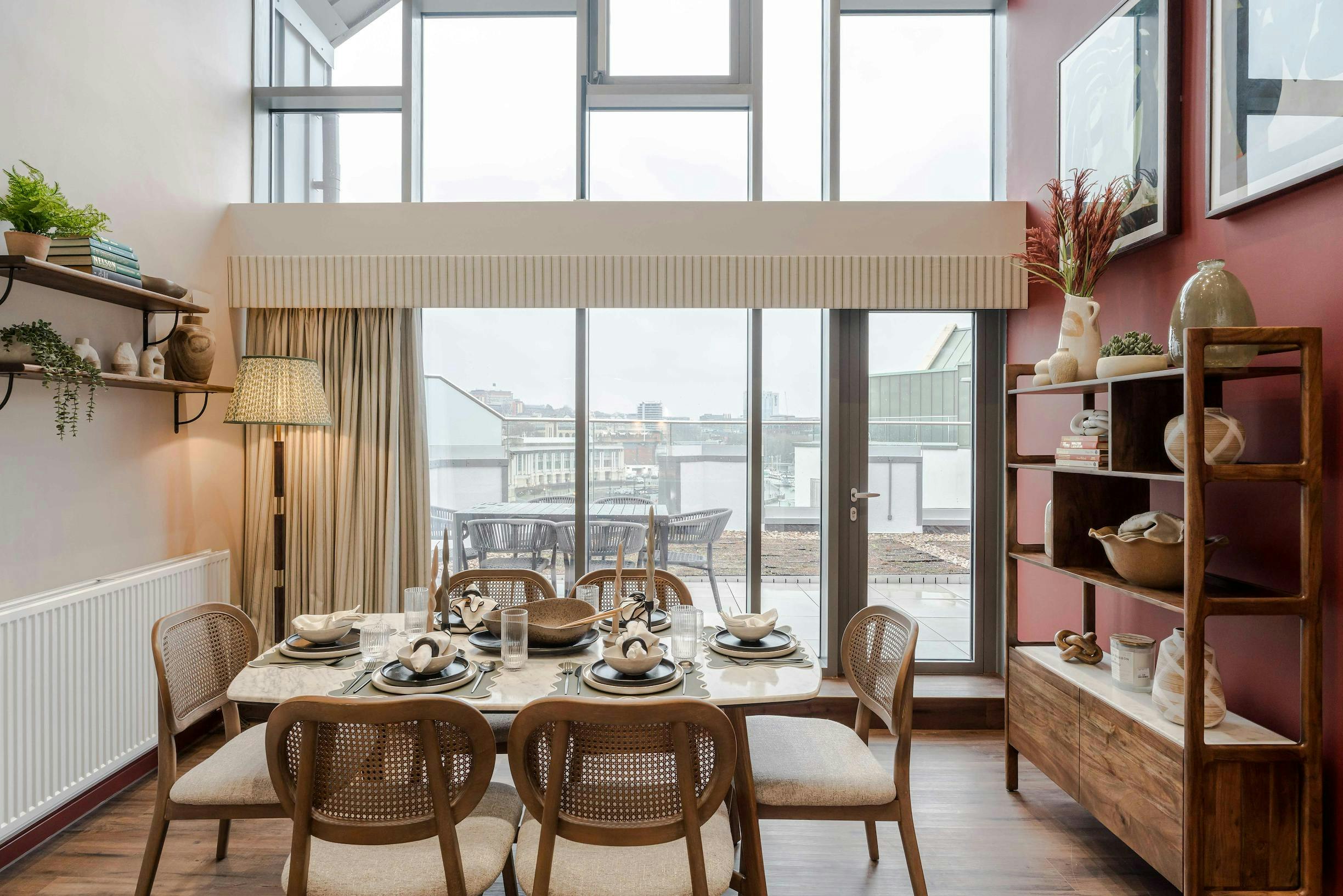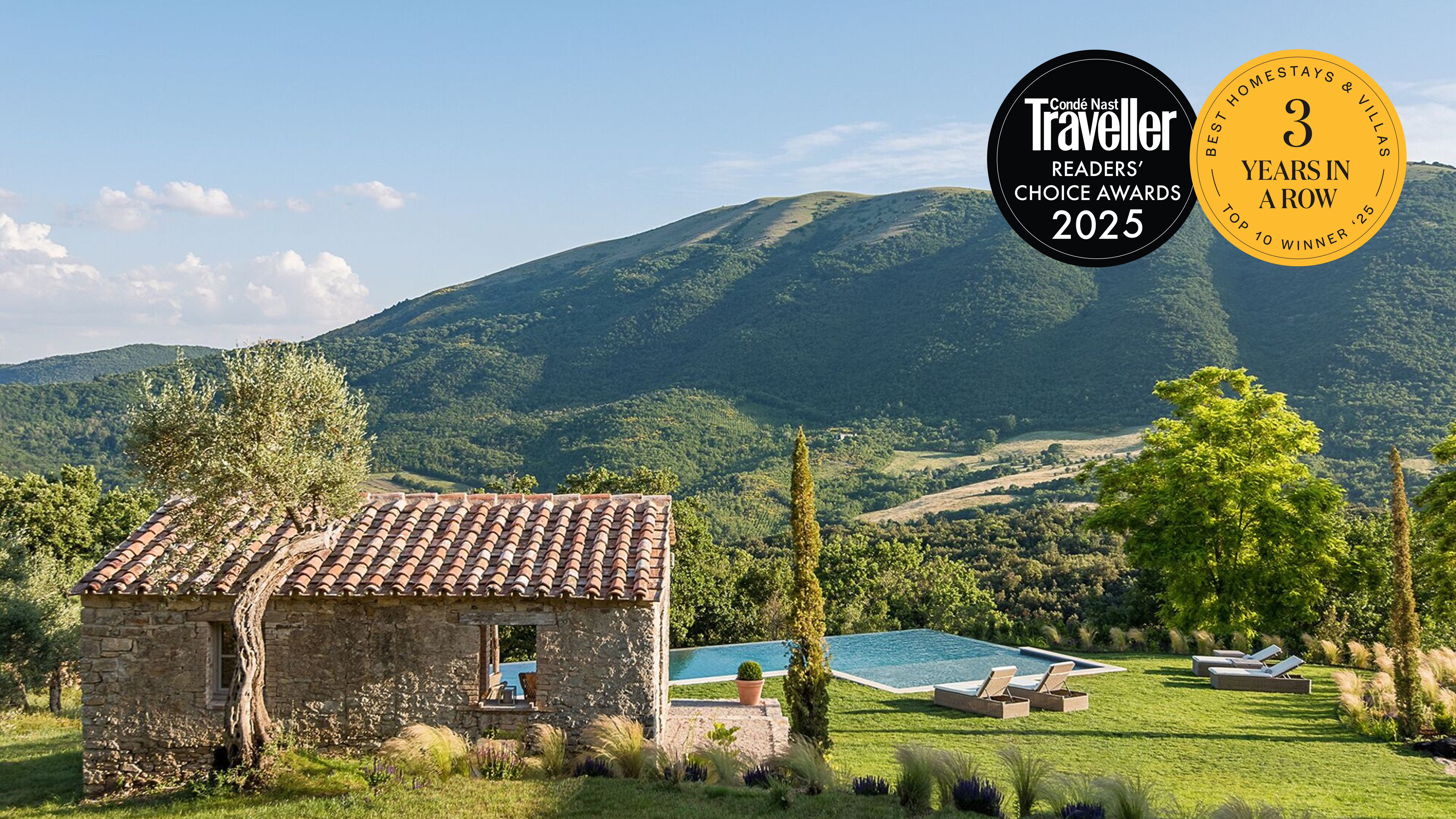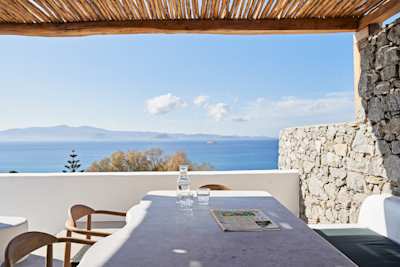Holiday Home Insurance: All You Need to Know
Rest easy knowing your home is protected
~

Becoming a Plum Guide host is an honour saved for an exceptional pool of people who do things the right way, and insuring your rental shows genuine care for the security of your home. Navigating the world of second home insurance, however, can seem like a minefield. Fear not: here at Plum Guide we’re stepping in to explain everything you need to know about holiday home insurance, so you can host countless guests without any nagging concerns. Read on to find out exactly what it is, why you might need it, what it covers and, crucially, pitfalls to look out for.
What is it?

A close up view of someone holding a small model home and signing paperwork
Put simply (and as the name suggests), holiday home insurance protects a property that is not your main place of residence. Instead, it’s a house that you may use for getaways or, in your case, rent out to guests. Much as for your main home, the insurance provides protection from unwelcome (and potentially costly) events - think burglary, flooding, and fires, as well as specific risks such as rental guests being injured while on the property. It’s not just houses that can be protected, either - it’s also possible to take out this insurance for a whole range of property types, including apartments and ski chalets.
Why is it important?
If it’s not compulsory to have holiday lettings insurance, why should you bother? It’s a fair question, but ponder this - if you want peace of mind that your rental gold mine is covered from damage or theft, insurance is a no brainer. Unfortunately, you can’t just rely on standard home insurance either - these policies do not tend to provide the necessary level of cover, with properties being rented out to guests typically unprotected.
It makes sense when you consider that your pad could be unoccupied for large parts of the year, which makes it particularly susceptible to burglary or vandalism - this also means that damages like leaks or floods may not be reported as quickly as usual. Of course, there are also risks to hosting, as having a stream of renting guests also increases the possibility of damage to the home - accidental or otherwise. Though not a legal requirement, bear in mind that if you’re still paying a mortgage on your holiday home, your lender might insist you have buildings insurance to cover the cost of any structural damage.
What does it cover (and, crucially, what is not included)?

A close up view of a dog balancing a small model house on its snout
Just like traditional home insurance, holiday home insurance comes in two parts. Building insurance covers the property itself, as well as permanent fixtures - including the roof, floors, doors and windows. Contents insurance, on the other hand, looks after the items inside (your furniture, possessions, and fittings), and protects you against the cost of repairing or replacing them if they get damaged. You can buy buildings and contents insurance for holiday homes as two separate policies from different providers, or you can combine them in a single policy. As when purchasing any insurance, be sure to read the small print for any exclusions - key pitfalls to look out for include exclusions for long-term lets, loss of income from rent, damage by pets, hosting stag and hen parties, and costs for alternative accommodation.
Where can you get it?

A small wooden model house on a table surrounded by question marks
Just like when you’re looking for a good deal on a new car, when it comes to buying insurance for your holiday home, it pays to shop around. The name of the game is finding the best balance of price and protection. Big players in the field include familiar names like AXA and Aviva, along with Home Protect and Towergate, while smaller specialist companies such as Schofields exclusively offer insurance for holiday homes. Comparison websites like GoCompare are a great place to start when exploring your options.
What if you host from homes in different countries?
First off, we’re green with envy about your international home from home. Jealousy aside, at Plum Guide we know the importance of reading the small print - make sure that your UK-based insurer offers holiday home policies that cover properties located abroad, and be aware of any additional cover restrictions. Alternatively, ask around your alternative local area to find a community recommendation for a reputable in-country insurance provider - though the internet is a brilliant resource, word-of-mouth recommendations can prove to be invaluable. It could be worth ensuring policy documents are drawn up in English - check also that an English-speaking call-centre is available, should you need to make a claim.
Top tips

A woman entering a code into her home alarm system
Making annual payments, rather than monthly, usually works out cheaper
Installing an alarm system improves security at your holiday home, and can help keep premiums down - not to mention reducing the risk of needing to make a claim
Though combined building and contents insurance from a single provider can often be a great money-saving option, be sure to shop around
Paying a higher excess may help keep insurance premiums down, but make sure the sums are realistic to avoid a nasty shock if you need to make a claim
Learn how to make the most of being a Plum Guide host, with our collection of hosting articles.
